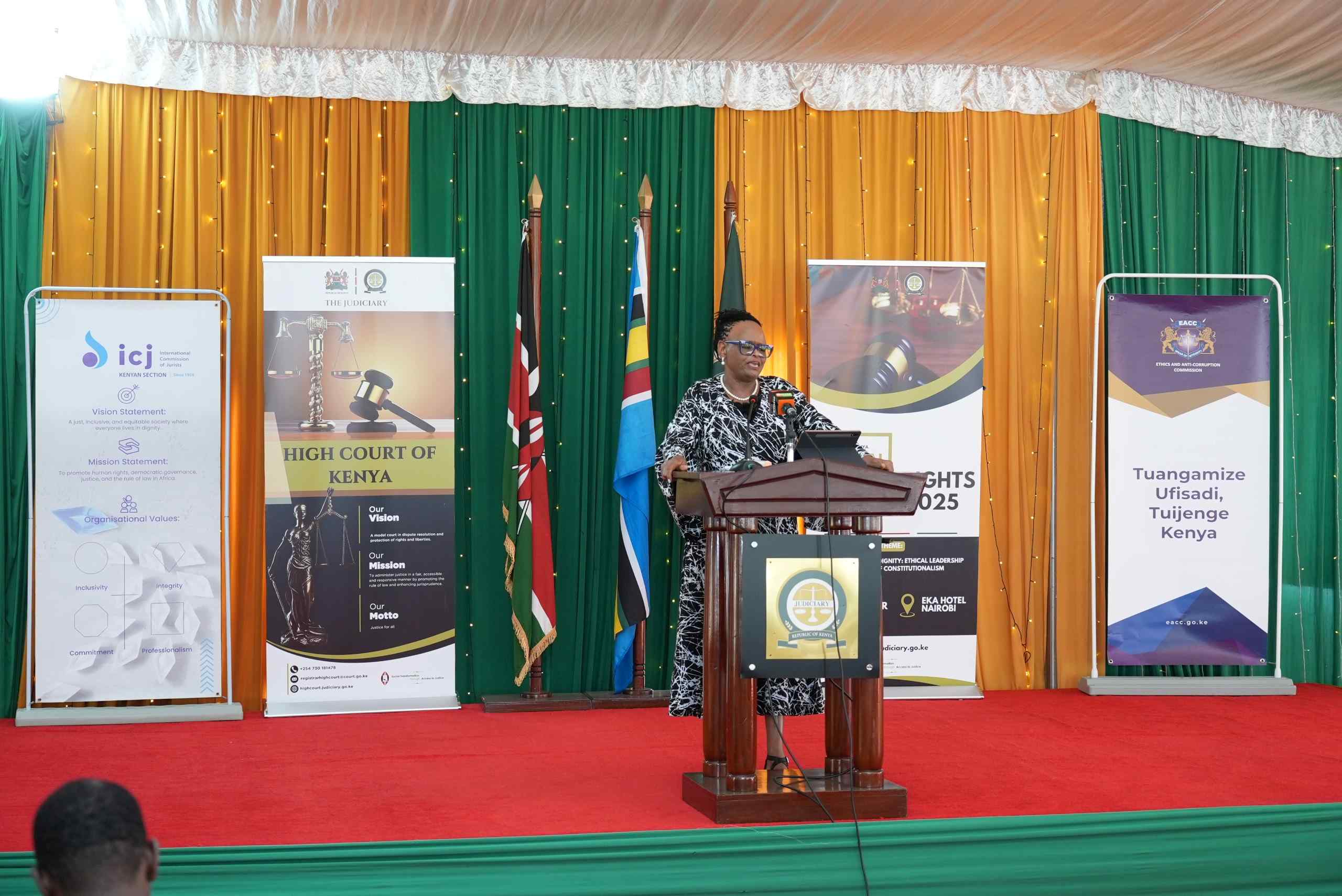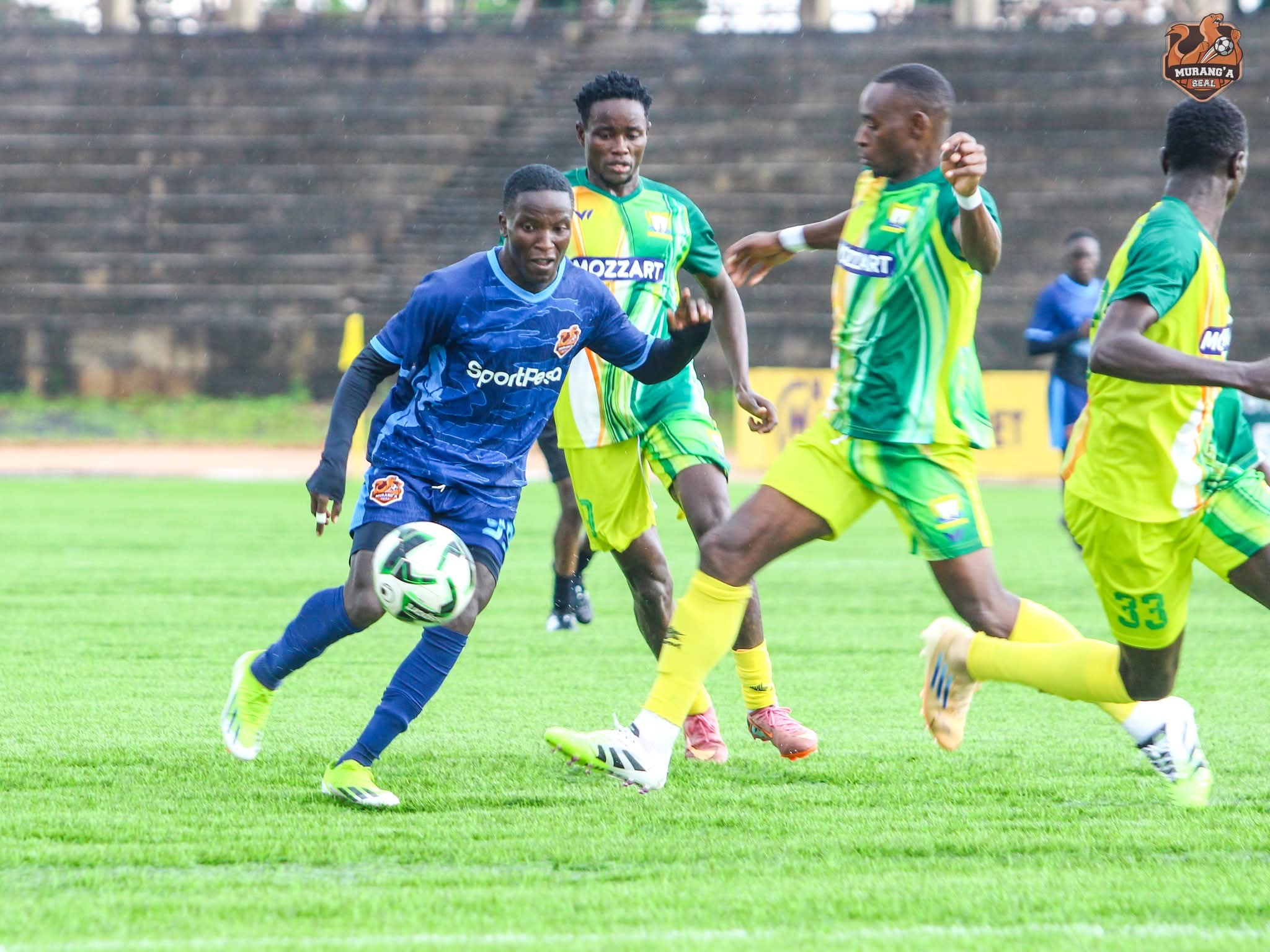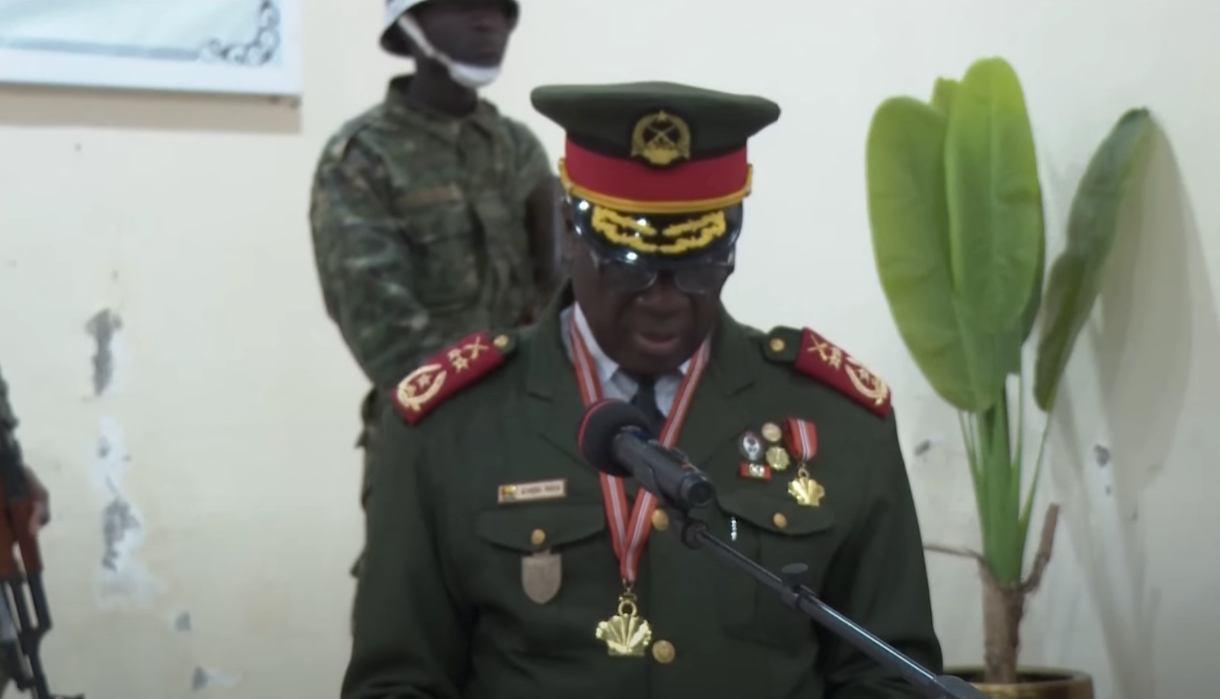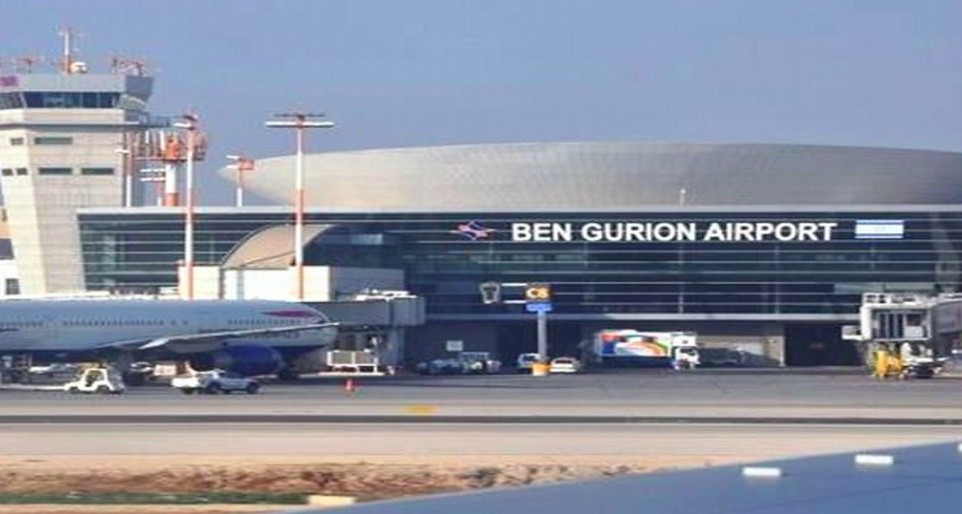Nairobi academies under FKF probe over backdated, fake licenses
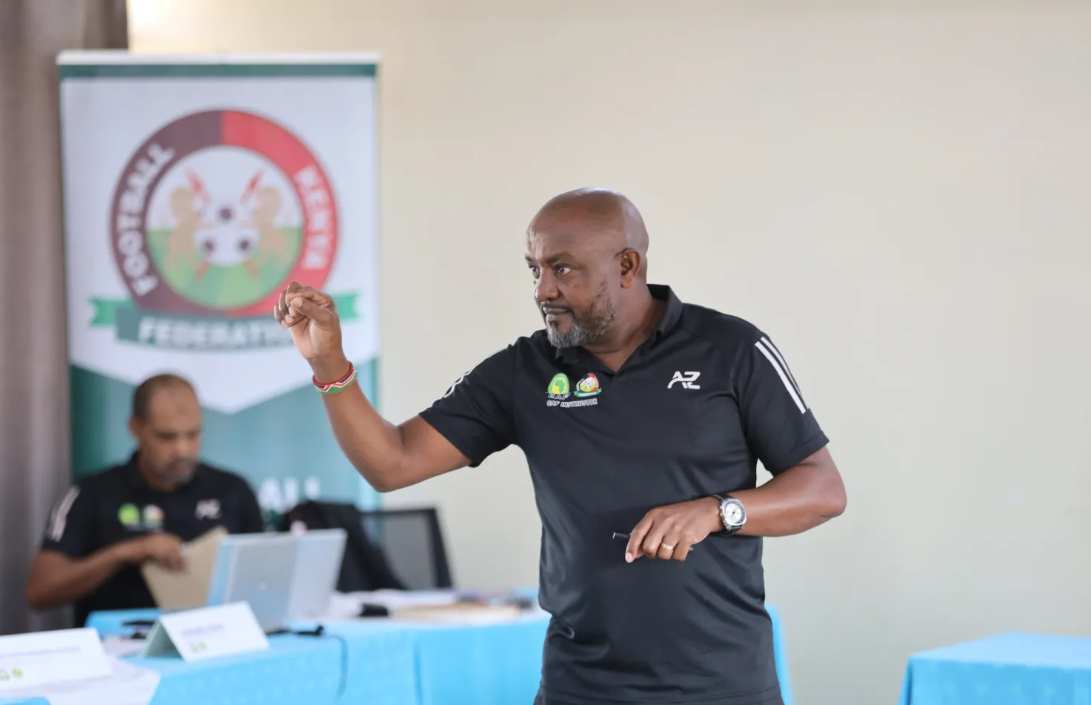
FKF Football Development Director Francis Kimanzi said the federation has received reports of suspicious documents and has launched investigations to protect the integrity of its licensing system.
Nairobi is among several counties at the centre of a probe by the Football Kenya Federation (FKF) after multiple football academies submitted backdated or illegally issued licenses.
In a statement, FKF Football Development Director Francis Kimanzi said the federation has received reports of suspicious documents and has launched investigations to protect the integrity of its licensing system.
More To Read
- Isiolo side Odha FC, coach face year-long FKF suspension after playoff chaos
- Gor Mahia coach Akonnor apologises to fans after 1-0 Mashemeji Derby loss to AFC Leopards
- Leopards shock Gor Mahia in 98th Mashemeji Derby as KCB, APS Bomet claim narrow wins
- President Ruto honoured with CAF Award for supporting Kenyan football
- Kenyan teenager Damien Odera pens long term deal with Swiss giants FC Zürich
- Nairobi United drawn with Wydad Casablanca in historic CAF Confederation Cup group stage
“The Federation is treating this matter with utmost seriousness. Investigations and measures are being put in place to identify all irregularities and ensure that the integrity of FKF licensing is fully protected,” Kimanzi said.
He further cautioned all stakeholders against engaging with unverified documents.
“Any staff found participating in such practices will be held accountable, in line with FKF regulations,” he added, reaffirming FKF’s commitment to transparency and professionalism.
The licensing programme is a cornerstone of Kenya’s youth football development, designed to ensure that academies meet essential standards in coaching, facilities, youth development, medical support, administration and financial management.
To qualify, academies must operate youth teams in at least two age categories, participate in FKF-sanctioned competitions and provide full medical coverage and insurance for players.
Coaches are required to hold FKF or CAF-accredited licenses, with at least a CAF D License or FKF D Diploma.
Approved academies must also demonstrate access to proper training facilities and dedicated office space, employ qualified personnel, including managers, finance officers, medical staff, and security officers and submit proof of their staff’s appointments and qualifications.
Legally, the academy must be a registered entity with a certified constitution, maintain financial transparency through annual budgets or audited statements and show that it has no outstanding payables to other clubs, employees, FIFA or CAF.
The application process involves preparing and submitting all required documentation through official FKF channels, followed by verification visits from the FKF Licensing Administration or the First Instance Body.
The Federation maintains that licenses are granted once all mandatory criteria are met, though conditional licenses or sanctions may apply if some requirements are not fully satisfied.
While the licensing system has helped raise the standard of youth football in Kenya, the emergence of counterfeit or backdated licenses threatens to erode years of progress. FKF says the ongoing verification exercise aims to restore confidence in the licensing process and reinforce compliance across all academies.
Top Stories Today
